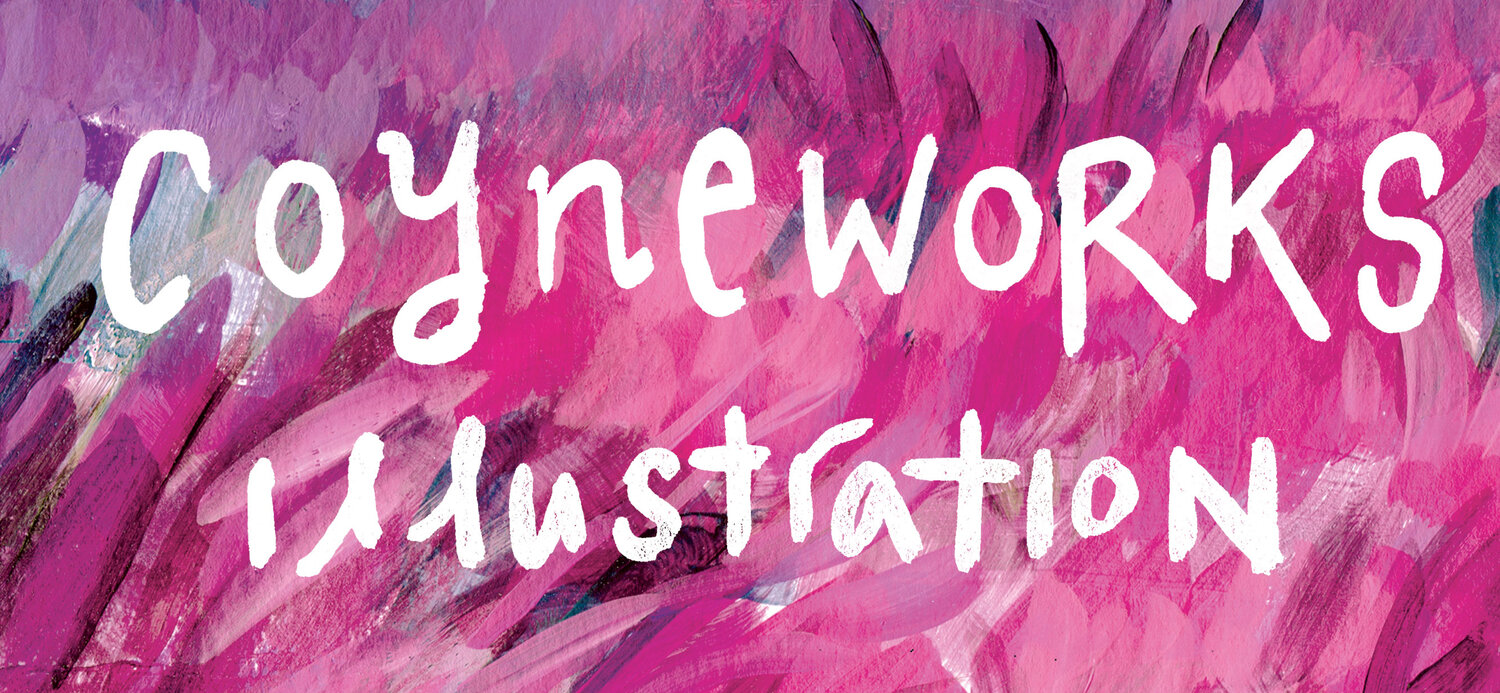Cambridge Seniors: David Fitzgerald III
Hear David Fitzgerald III’s voice here.
David Fitzgerald III was one of two residents who came to my informational session, talking about my grant project in order to find volunteers, at Youville House, an assisted living facility near Harvard Square. Well — there was a third attendee, a retired German astrophysicist whose name, I learned, was Wolfgang, but he only attended because David encouraged him to stick around.
I got a sense of David within minutes of my arrival Youville House. “Eminently capable” would be my first descriptor. He is active, quick-witted, knowledgeable, and driven near constantly by a desire to make himself useful to those around him. He is muscularly built, with a pale, soft-featured face that can quickly toggle between pathos and a set jaw. His eyes are a pale blue. When I saw him, he tended to be wearing cargo pants, sneakers, button-down shirts, and a hefty protective cell phone case clipped to his belt, holding a cell phone that often dinged.
He showed me that he gets upwards of twenty-five scheduled alerts from his phone every day. (And here I thought that my three or four alerts a day to complete basic tasks were remarkable).
David was born in Philadelphia. His father was serving in World War II in Europe as a lawyer, and his mother had to handle his birth and first three years of life mostly by herself. The family lived in what he called the “armpit” of the Main Line.
His mother’s side of the family ran a horse-riding academy called “Radner Ride.” They also ran boys’ and girls’ summer camps in the Poconos. David started attending the camp as a small child. He was first enrolled on the girls’ side of camp, and was the darling of everyone.
But at age eight, he was transferred to the boys’ camp. It was the early fifties, and being “homosexual” was viewed as a serious disorder. He was teased by the other boys, who could sense that he wasn’t like them. (He was also caught in flagrante delicto in a bunk with another one of the boys, which didn’t help).
One point of respite for David was a farm that his father bought in the countryside outside Philadelphia, having read the book Five Acres and Independence. David adored his time on that hundred-acre-plus property. When they first visited it, a large white oak tree had fallen across the driveway. They used that tree for firewood, as there was no heating. David dutifully mowed the fields, and he and his younger sister often slept on cots on the screened-in porch to the sound of peepers. Everyone used an outhouse (a two-seater, curiously). David and a friend built a boat from a catalogue. He also regularly went to a private club with a swimming pool nearby and made some friends there.
At Penn State, where David went to college, he helped produce classical and Rock ‘n’ Roll shows. He majored in Zoology mostly as a fluke, when he proved to be good at Genetics. He received a hefty scholarship to get a Masters in Zoology at the University of Delaware, but considered himself a lousy scientist. He dropped out of the program, and since the Vietnam War was going on, and as a Quaker he had filed for conscientious-objector status, he did two years of social work in lieu of military service.
He was affable and good at systems-oriented thinking, including computer programming, so he earned a job running the Registrar’s Office at the University of Delaware. He devised new ways of registering students using the IBM 401.
He also used his coding skills to help organize and place people for a community day that he founded and ran in Newark (pronounced like “New Arc of the Covenant,” David says drily) on the mall near the University of Delaware. He used a language called D-Base.
David was for a time a member of the Unitarian Universalists. In the summers, they ran two camps in Maine, one for families and one for gay people. There was a lot of mixing across camps. David ultimately felt he belonged more in the family group than the gay one, and ove his eighteen years of attending the camp, he became friendly with a woman named Judith and her two young sons. He decided to move north to live as a surrogate father to the boys and a semi-partner to Judith. He bought a beautiful house in Somerville. The two boys are now in their early fifties and live in the Boston area. He sees them during the holidays but not much more often than that. “I moved up here to be stepdad to them, and I think it was VERY important in their lives that I was around at that point. I don’t know that they’ll recognize the value of it until I’m dead. Then when I’m not around, they’ll begin to think more about what it was like.”
David had a partner for about a decade, but that relationship ended rather abruptly when David became ill for a time. For years, he pursued casual relationships with men after meeting them online. He moved to the Philippines for a time, initially in pursuit of one of these relationships, but once that was broken off he stayed. He became friendly with a family and has paid the tuition for private school for the two daughters.
Gifts David has received from friends over the years.
David’s shelves are filled with gifts from old colleagues and friends.


